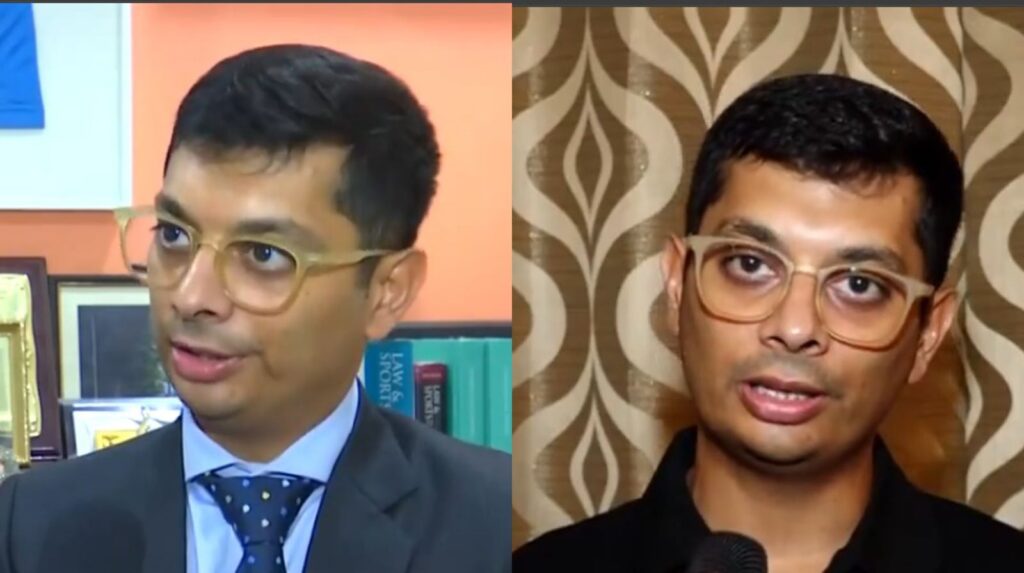
Gargi Raut
The National Sports Bill has been tabled by Union Sports Minister Mansukh Mandaviya, aiming to address ten major issues in India’s sports ecosystem. From grievance redressal and athlete protection to tenure reform, the bill takes a comprehensive approach to sports governance.
A key highlight of the bill is the proposed empowerment of the National Sports Board (NSB). If the bill becomes an Act, the NSB will hold overriding authority, including the power to grant recognition to or suspend any National Sports Federation (NSF) in case of election or financial inconsistencies. The strength of the executive committee will be 15 members.
Another significant reform is the establishment of a National Sports Tribunal, and all cases related to sporting bodies will be brought under its purview. The Tribunal will have the powers of a civil court and will be able to adjudicate suits of civil nature. A retired or sitting judge of the Supreme Court or the Chief Justice of a High Court will be named the head of the Tribunal.
To understand the bill’s implications, we spoke to Vidushpat Singhania, one of India’s leading sports lawyers.
“One of the essential aspects of the National Sports Governance Bill, 2025, is the set-up of the National Sports Tribunal. This was needed to resolve sports disputes effectively, efficiently, and in a cost-effective manner,” said Singhania. “With most sport federations entangled in legal battles, administration was suffering. The overburdened judiciary meant delays that adversely affected both athletes and federations,” he added.
He further said: “It is hoped that with a dedicated tribunal, domain-specific expertise will develop, allowing disputes to be resolved swiftly and efficiently. It will also prevent litigation across multiple forums, reducing the volume of sports-related legal cases.”
Indian judiciary is overburdened and understaffed, with an insurmountable backlog of cases, it only made sense for the government to set up a National Sports Tribunal. The judiciary has long struggled to keep up with specialised cases. The creation of a National Sports Tribunal is thus a timely intervention, ensuring faster resolution of disputes without putting athletes’ careers or the functioning of sports bodies on indefinite hold.
Follow Revsportz for latest sports news



